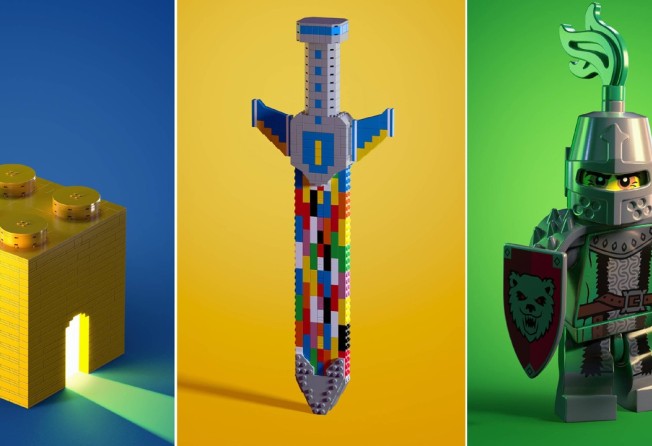Tencent, Lego look to pull China’s games market out of the doldrums with new offering
Celia Chenin Shenzhen

Internet giant Tencent Holdings has teamed up with The Lego Group to launch a new video game next week, which could provide a spark to China’s US$38 billion games market months after a regulatory restructuring halted the approval of new licences and led to the industry’s slowest first-half growth in at least a decade.
Tencent, which operates the world’s largest video game business by revenue, on Wednesday ran three advertisements about the new game co-developed with Danish toymaker Lego on the official account of its Tencent Games unit in Chinese microblog Weibo. No details were provided.
Print option is available for subscribers only.
SUBSCRIBE NOW